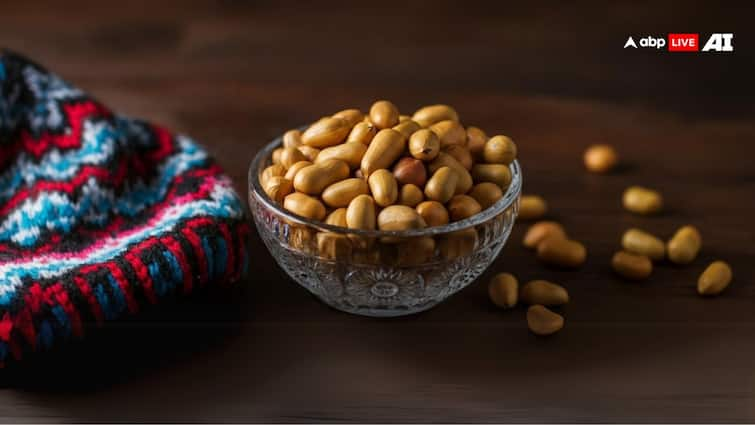A diet in winter means heavy, tasty food and much more. Tis the season when street food and curry leaves become even more delicious. However, in the meantime, it is very important to maintain a healthy lifestyle by keeping your weight under control. Today we are going to tell you how to prepare a healthy and very healthy breakfast. Peanuts are considered snacks. This has many advantages. People love to eat it especially in winter. It is not only delicious but also rich in nutrients that can help combat the winter cold.
Benefits of eating peanuts in winter
Source of energy in peanuts: In winter, the days are often short and the temperature cold, which can cause you to feel tired. Peanuts are an excellent source of energy due to their high content of healthy fats and proteins. A small handful of peanuts can provide instant energy, making them an ideal snack to combat winter lethargy. The combination of fat and protein helps maintain energy levels throughout the day, keeping you active and alert.
Beneficial for heart health: Regular consumption of peanuts can contribute to better heart health. Peanuts are rich in monounsaturated fats, which are known to lower bad cholesterol levels and reduce the risk of heart disease. Additionally, peanuts contain antioxidants like resveratrol, which can help improve blood circulation and prevent inflammation. This is especially beneficial in winter, when high blood pressure can be a concern due to the cold.
Beneficial for immunity: The winter months are notorious for colds and flu. Peanuts are a good source of zinc, vitamin E and other essential nutrients that play an important role in supporting the immune system. Zinc, in particular, is important for immune function, which helps prevent infections.
Aids digestion: Peanuts are rich in dietary fiber, which supports healthy digestion. Regular fiber intake can help prevent constipation, a common problem in winter, when people may be less active and drink less water. It facilitates bowel movements and contributes to a healthy gut microbiome. Nutrient-rich, they are rich in various vitamins and minerals.
They are an excellent source of B vitamins, including niacin and folate, which are important for energy metabolism and cellular function. Peanuts also contain magnesium, which supports muscle and nerve function, making them a great addition to a physically active winter lifestyle.
Also read: This disease gives the signal of pancreatic cancer, do you also suffer from it?
Weight control: Despite their caloric density, peanuts can help with weight management when consumed in moderation. The combination of healthy fats, protein and fiber helps promote a feeling of fullness. Thanks to which the risks of overeating are reduced. This can be especially helpful in winter, when hearty, high-calorie foods are more tempting. These nutrient-rich foods are versatile and can be eaten in various forms, whether as a snack, in salads or in cooking.
However, moderation is important, as peanuts are high in calories.
Disclaimer: Some information in news stories is based on media reports. Before implementing any suggestion, you should consult the relevant expert.
Check out the health tools below –
Calculate your body mass index (BMI)
